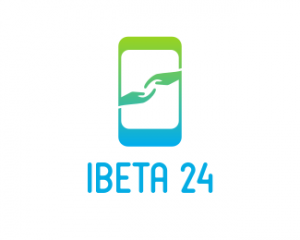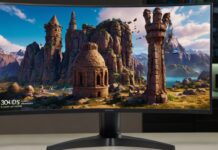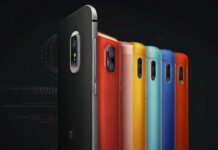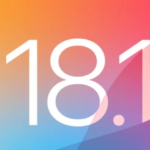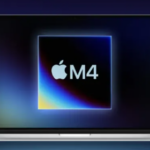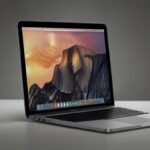Chulmin Jo, senior vice president of Samsung’s System LSI business, shared valuable info about the forthcoming Galaxy S25 at a wide acknowledged AI-focused semiconductor forum in South Korea. Native media sources attribute that Samsung is to cooperate with the Google corporation to embed the second engineering version of Gemini Nano (model of wide languages) on Galaxy S25 range.
The original Google Gemini Nano AI operates the Galaxy AI interface on the Galaxy S24 phones’ software. This latest version of AI remembers particular habits and interests as long as users save them in the phone’s settings On the other hand, Gemini Nano 2 is supposed to lift the capabilities to the next level as well as going further with the implementation of advanced functions and new features.
Samsung has declined to disclose the specifics, but the new and the update on the last semiconductor chip will allow improved application of the Galaxy AI features and allow for natural language process technology without needing to connect to a cloud system. This smart enhancing & support we get with S25 could facilitate voice interaction on the more defined level & even allow the camera part to get smart or act as an aid producing the S25 overall.
Nevertheless, Samsung’s remark about Google’s strategy consummately corroborates the rumor that the latter has probably been working on its follow-up to the trial project – Gemini Nano, although the former has not openly disclosed so. It’s almost as if the two of these titans of tech age have already begun the collaboration to integrate new generation of AI silicon through the Galaxy S25 model, which is expected to arrive before early 2025.
Now it’s finally time to see if these new features that the galaxy S25 series will be offered to existing models of S24 and S23 will also. This technology was first available on Galaxy AI series only, which means Samsung officially announces that this feature is extendable to other models even though Samsung will only be able to add the AI feature in its latest phones, which will later be limited to the high-end Android powered phones.
